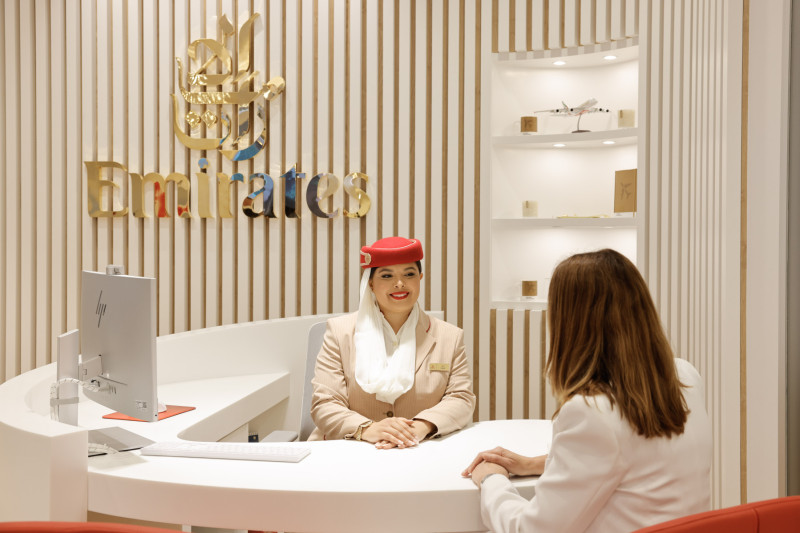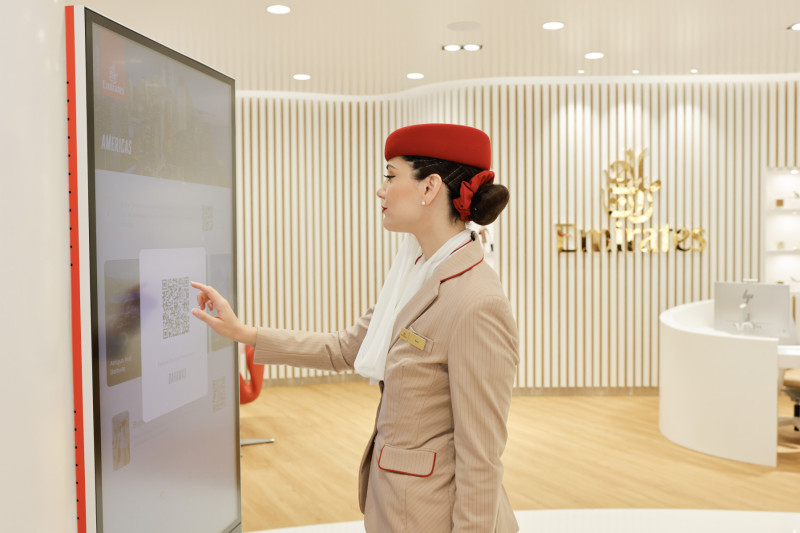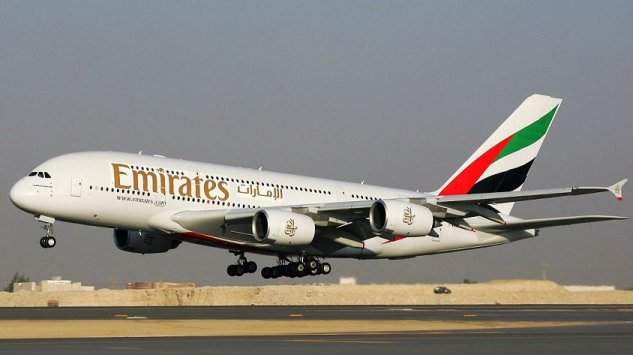
Emirates Airlines has taken a major step in advancing sustainability by joining the Aviation Circularity Consortium (ACC), a global initiative dedicated to promoting circular economy practices in aviation. This partnership, announced on April 7, 2025, includes SL Metals, a leading distributor of aluminum alloys, and aims to decarbonize the aviation supply chain while fostering innovative solutions for resource efficiency and waste reduction.
Emirates’ involvement supports the ACC’s mission to reshape the lifecycle of aircraft materials, from production to retirement, in alignment with its 2050 Industry Roadmap launched in November 2024.
As part of its sustainability strategy, Emirates has already implemented circular solutions such as cabin interior upcycling, inflight waste reduction programs, and the use of sustainable materials. By joining the ACC, the airline intends to expand these efforts and contribute to developing cutting-edge technologies for managing retired aircraft responsibly.
Ahmed Safa, Emirates Group’s Head of Engineering & MRO, emphasized the urgency of addressing the growing number of retired aircraft through sustainable end-of-life solutions. He highlighted that this collaboration would help extend fleet lifespans and reduce waste while accelerating aviation’s transition to a circular economy.
SL Metals complements these efforts by bringing expertise in aluminum sourcing and efficient material use. The company’s CEO, Sam Tan Yee Leong, noted that aluminum production accounts for 3% of global industrial CO2 emissions, underscoring the importance of responsible sourcing and sustainable practices across the supply chain.
Through its participation in the ACC, SL Metals aims to advance best practices in aluminum use and support initiatives that build a resilient aviation supply chain.
The ACC unites key stakeholders across the aviation ecosystem—airlines, regulators, manufacturers, and suppliers—to drive meaningful progress toward decarbonization. Emirates is only the second airline to join this consortium, highlighting its leadership in sustainable fleet management and its commitment to reducing environmental impact.
This partnership reinforces industry-wide recognition of circularity as a critical component for achieving long-term sustainability goals in aviation.


.jpg)
.jpg)

-302cd4-large-1748788146 (2).jpg)



-302cd4-large-1748788146 (2).jpg)











-302cd4-large-1748788146 (2).jpg)
-b0b919-large-1748866534.jpeg)
-ba3235-large-1748866501.jpg)
-302cd4-large-1748788146%20(2).jpg)
.jpg)
.jpg)
.jpg)


.jpg)

.jpg)





.jpg)
























